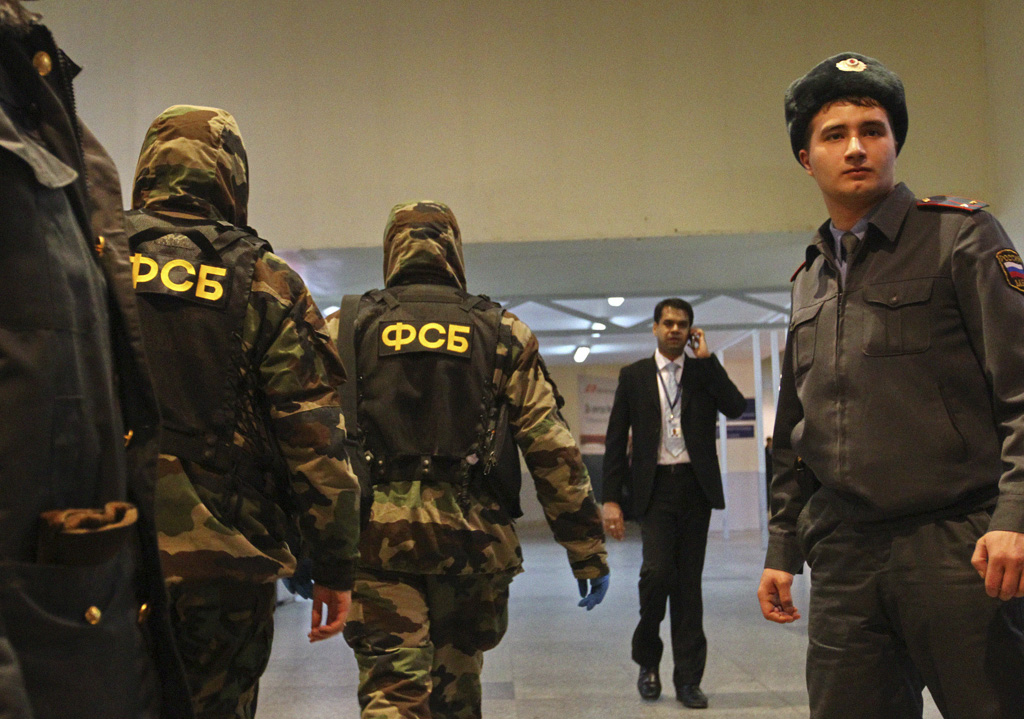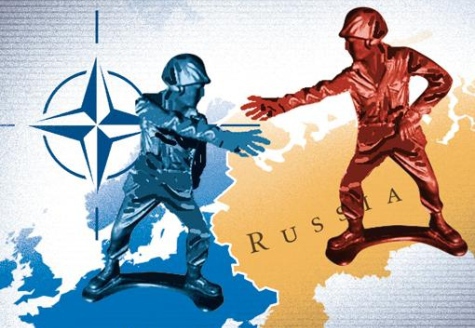When the United Nations imposed an arms embargo on the former Yugoslavia states during their war in the 1990s, it forced Bosnia to partially rely on the Mujahedeen, a group of foreign Muslim soldiers, to protect it from enemy forces. When the war ended, the world collectively sighed in relief as the bloodiest and most devastating military engagement since World War II in Europe was put to rest at last. The Mujahedeen, however, found refuge in Bosnia following the end of the war and opened the door to involvement by militant Islamic forces into an otherwise moderate region.
20 years later, Bosnia is now dealing with the repercussions of allowing the Mujahedeen to remain within their borders, as many have had a strong radicalizing influence. With NATO continuing its enlargement across Eastern Europe, pending memberships for nations such as Montenegro and Serbia will prove to be all the more vital to deterring extremism. In June 2015, ISIS released a video calling for a caliphate of the Balkan region, using ethnic Bosnians and Albanians to relay the message. Since then, a sense of worry has arisen as more calls for allegiance are made in unison with acts of terrorism.
The question still remains, in which direction should NATO go when considering the Balkans, and how should they be involved to help deter any growth of terrorist activity in the Balkan region?
The Balkan’s current involvement with ISIS has been minimal compared to other nations, although it continues to grow. When Paris suffered from a coordinated terrorist attack in November 2015, less than a week later in Sarajevo, there was another outbreak with a terrorist killing two Bosnian soldiers, shooting at a tourist bus, and then detonating himself inside a house. Smaller instances like this do not receive adequate media attention, but have a larger impact on predicting behavioural trends in the region.
Since September 2014, over 100 Kosovars have been arrested with over half currently in court for ties to terrorist activities. Worryingly, Balkans have been involved in ISIS’s international activity. A Bosnian ISIS financier was arrested in the United States and, more recently on March 4th, 2016, a Bosnian ISIS recruiter was arrested in Austria.
Beyond coordinating attacks and supporting ISIS in Europe, Balkan citizens fleeing to become foreign fighters have created further complications. More than 300 Bosnians and nearly 400 Kosovars have left for Syria to fight for ISIS and other groups. British media reported that per capita Bosnia is 4th in the world in residents joining ISIS, while Kosovo is 5th. The fear is that some fighters will return and function as recruiters or instigators in their homeland within various Balkan states, which is what many political experts are predicting has already happened in the region.
NATO and the EU are naturally on edge given the geography of the Balkans, which acts as a highway from the Middle East into Western Europe. Coordinating with the local authorities has been a big step in countering Balkan-ISIS engagement, which can be seen through various policy changes and increased sanctions to target anyone potentially leaving the country to fight for ISIS. The Bosnian Croat chairman of Bosnia’s presidency said Bosnia will focus on “a balanced, moderate policy which is fully in line with our strategy of getting closer to the EU and NATO, and our position towards peace in the world.” Bosnia has even attended a summit in New York hosted by Barack Obama regarding the world’s united fight against extremist groups in a bid to show that it is in line with the western world.
Numerous arrests have been made domestically in Bosnia, Croatia, Kosovo, Macedonia, and Serbia, but simply sending suspected terrorists to jail has not solved the issue. In February, a Bosnian national was arrested along with two others as they were transporting explosives and weapons through Turkey on route to fight for ISIS. What makes this case especially worrisome is that he was sent to prison in 2005 for plotting an attack on the British Embassy in Sarajevo. Serving a prison sentence and returning to international terrorism exposes the inability to permanently deter terrorist acts.
There is an opportunity for NATO to show its importance to Balkan states, as they are currently standing on the fence in regards to NATO’s involvement in the region. Nations like Serbia would like to work with NATO, but need to remain neutral in the fight against Russia, their largest ally and supporter in the world. At the same time, NATO is actively involved in the region with half of the Balkan nations, is consistently called upon to support militarily, and would be able to fill a void against ISIS in the region where Russia cannot.
The Mediterranean will begin to see more NATO fleets as they monitor smugglers, while Romania has now begun requesting NATO surveillance in the Black Sea as well. Bulgaria, too, has cried for help as the reputation of an imam who is recruiting for ISIS domestically has spread rapidly in the past year across Europe.
With the rise of ISIS in the Balkan region, we could see more involvement from the EU and NATO in nations that are not members of either organization. A more formal military presence can assist in relieving pressure from the state in the maintenance of refugees, as migrants and asylum seekers have overrun Macedonian and Greek police. A possible outcome is the presence of EU’s Frontex, the border management agency, becoming heavily present in the region. These could help create further cohesion between states like Serbia that are not a member of either organization.
It is clear that ISIS poses a security challenge in the Balkans. Perhaps it is time for international organizations to take concrete action in countering the rise of international terrorism in the region.




